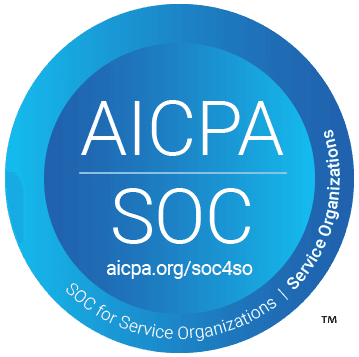UK SRS Reporting: S1 & S2 (2025 Draft Standards)
Stay ahead of the UK’s evolving sustainability reporting requirements.
neoeco simplifies UK SRS S1 & S2 compliance by integrating sustainability data with financial systems — turning compliance into strategy, and disclosure into trust.
Overview of UK SRS, UK S1 & S2
Financial & Strategic Focus
UK SRS S1 & S2 Standards
ISSB-Aligned Baseline
Disclose in Financial Reports
Why UK SRS Reporting Matters Now
As the UK formalises its own sustainability disclosure regime, these standards are expected to form the basis of mandatory reporting for publicly accountable entities and beyond. Adoption is beginning now across large UK-listed companies, financial institutions, and global businesses operating within the UK.
Key drivers:
UK regulators are aligning with ISSB but tailoring requirements for UK governance and oversight
Climate-related risks and opportunities must be disclosed alongside financial impacts
Reporting is becoming board-level, strategic, and investor-focused
Key Components of UK SRS Reporting
The UK SRS regime is structured around two core draft standards:
UK SRS S1: General Sustainability-Related Disclosures
UK SRS S2: Climate-Related Disclosures
What it’s for
A global baseline adapted to UK context for sustainability-related financial disclosures across all topics
Focused climate-related disclosures that support investor understanding of climate risks and opportunities
Who it applies to
Any company preparing general-purpose financial reports
Companies with material climate-related financial risks and opportunities
Core requirements
– Governance
– Strategy
– Risk management
– Metrics and targets
– Climate-related governance and strategy
– Scenario analysis
– Emissions disclosures (Scopes 1, 2, and 3)
– Climate risk integration
– Metrics and targets
The UK-Specific Amendments: Focus on Auditability and Investor Confidence
While grounded in ISSB standards, the UK SRS introduces six key modifications, all intended to enhance reporting clarity, investor usefulness, and regulatory alignment:
Removal of Transition Delay:
UK SRS mandates that sustainability disclosures be published simultaneously with financial statements, eliminating ISSB’s one-year reporting lag. This enhances financial-sustainability connectivity from day one.Extended Climate-First Relief:
Companies can adopt a “climate-first” focus for up to two years before integrating broader sustainability disclosures—extending ISSB’s one-year allowance.GICS Classification Optionality:
Companies reporting financed emissions are not required to use the Global Industry Classification Standard (GICS), simplifying disclosures for financial sector entities.Removal of Effective Dates:
Rather than fixed start dates, implementation timings will be determined through future UK legislation.Clarification on SASB References:
Use of SASB and ISSB’s industry guidance will be optional, avoiding prescriptive data requirements.Flexible Transition Relief Application:
Transition reliefs apply from the point of voluntary or mandated adoption, allowing companies to phase in compliance more flexibly.
Sustainability Assurance and Transition Planning Consultations
UK SRS forms part of a broader shift towards regulated sustainability assurance:
The UK government is exploring a voluntary assurance provider registration regime, operated by the Audit, Reporting and Governance Authority (ARGA).
A separate consultation on transition planning disclosure requirements is also underway.
Together, these initiatives will further embed sustainability reporting within the UK’s financial regulatory framework.
What’s Next? Implementation Timeline
The UK SRS consultation closes on 17 September 2025.
Subject to endorsement, final UK SRS S1 and S2 standards are expected to be published in Autumn 2025.
Initial adoption will be voluntary, with mandatory implementation timelines to follow through future FCA and UK government consultations.
How to Prepare
Whether SRS reporting becomes mandatory for your business in 2025 or soon after, building readiness now will position you ahead of the curve. The draft UK SRS requires board oversight, decision-useful financial disclosures, and integrated reporting practices.
neoeco recommends the following steps:
Assess current disclosure maturity against the draft S1 & S2 standards
Map data sources - especially for Scope 3 emissions
Develop your transition plan, including scenario analysis and financial impacts
Involve finance, ESG, operations, and assurance teams early — and together
Download Your Free UK SRS Checklist
Finance leaders, sustainability teams, and strategic operators navigating the UK’s evolving disclosure landscape can use this checklist to align with the draft standards, identify current gaps, and prepare audit-ready, board-level disclosures.






